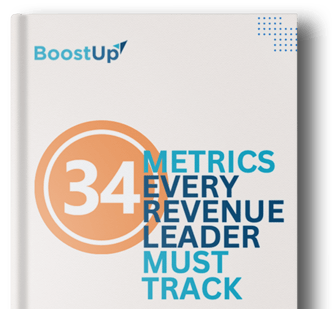“Adoption of a sales methodology doesn't impact performance”
{color=#FFFFFF, opacity=100, rgba=rgba(255, 255, 255, 1), rgb=rgb(255, 255, 255), hex=#FFFFFF, css=#FFFFFF}
Data suggests that there is no significant difference between the performance of companies that strongly adhere to a sales methodology like MEDDIC or BANT, and the companies that do not. One hypothesis for this result could be that sales methodologies are only adopted by companies when things are not going well for them i.e. product market fit is not right or marketing strategy is not working. Merely adopting a sales methodology can not overcome those shortcomings and therefore, doesn’t relate to success over time.











